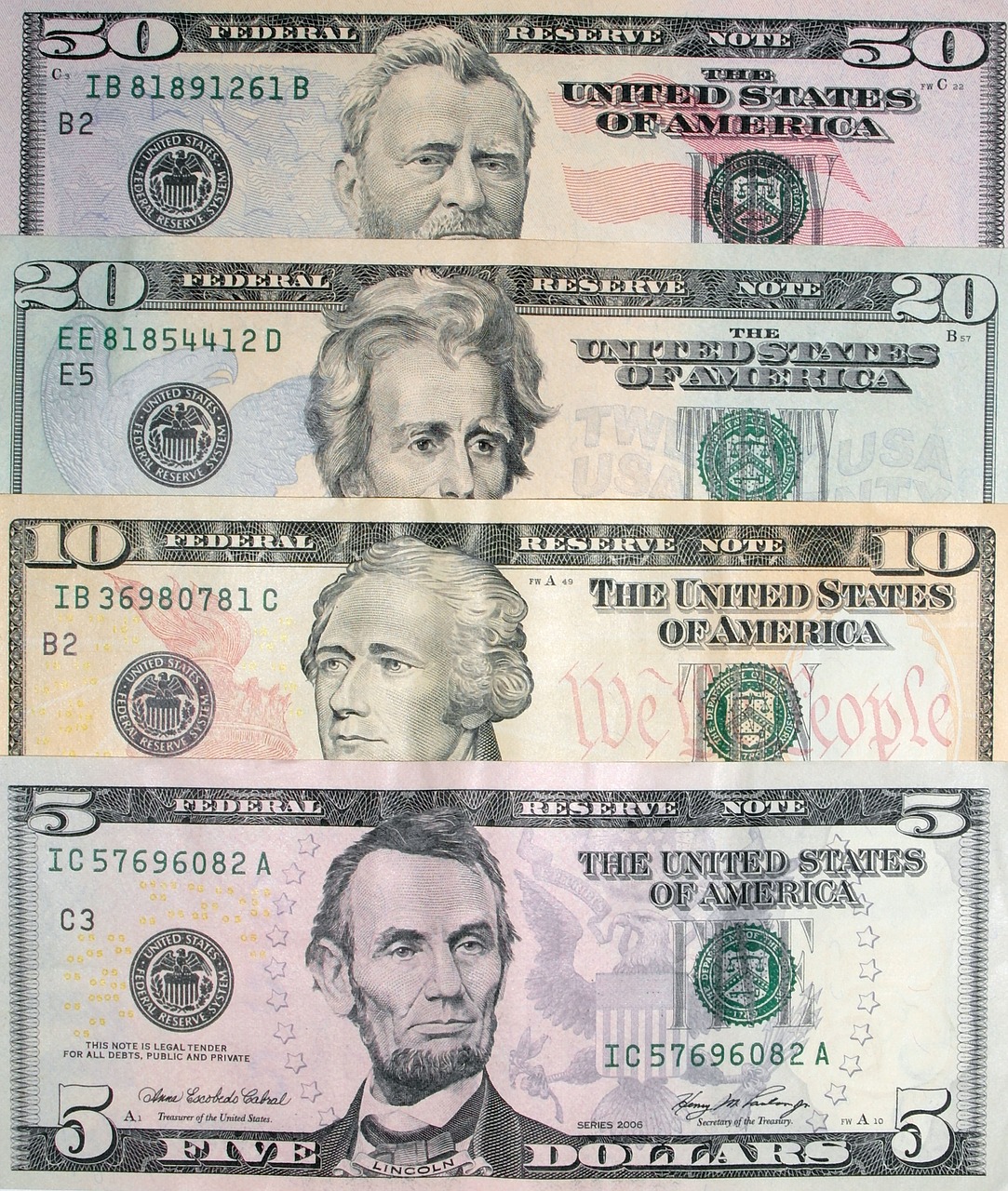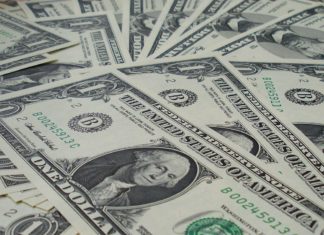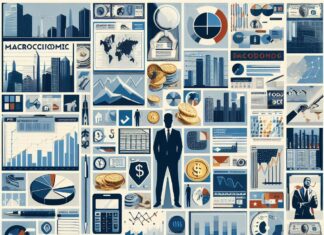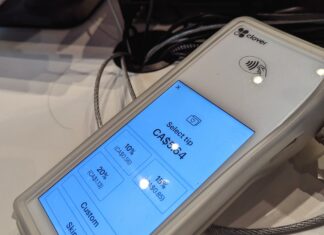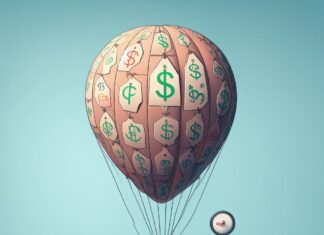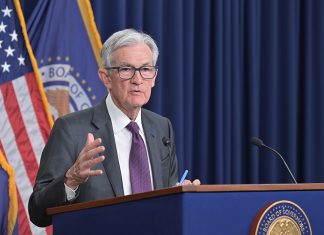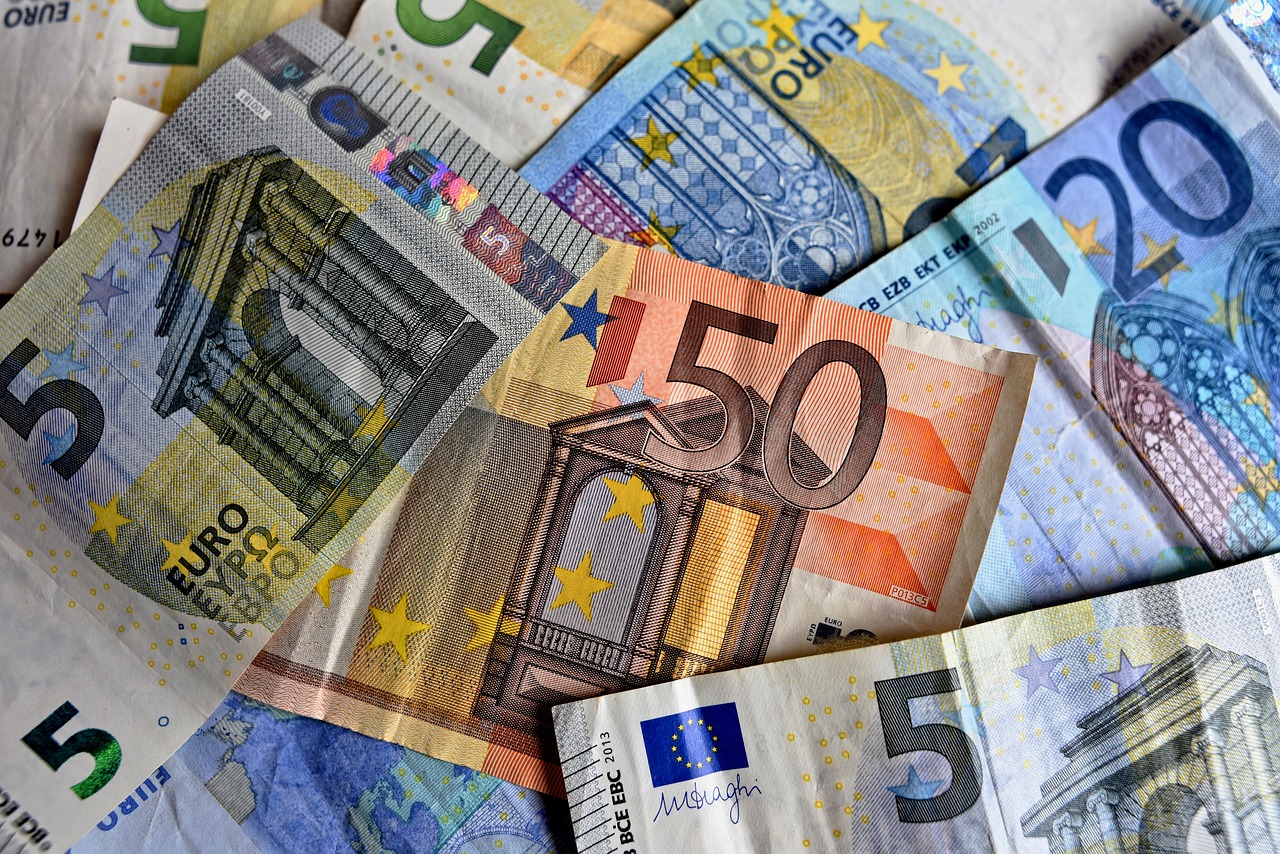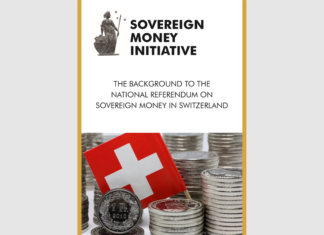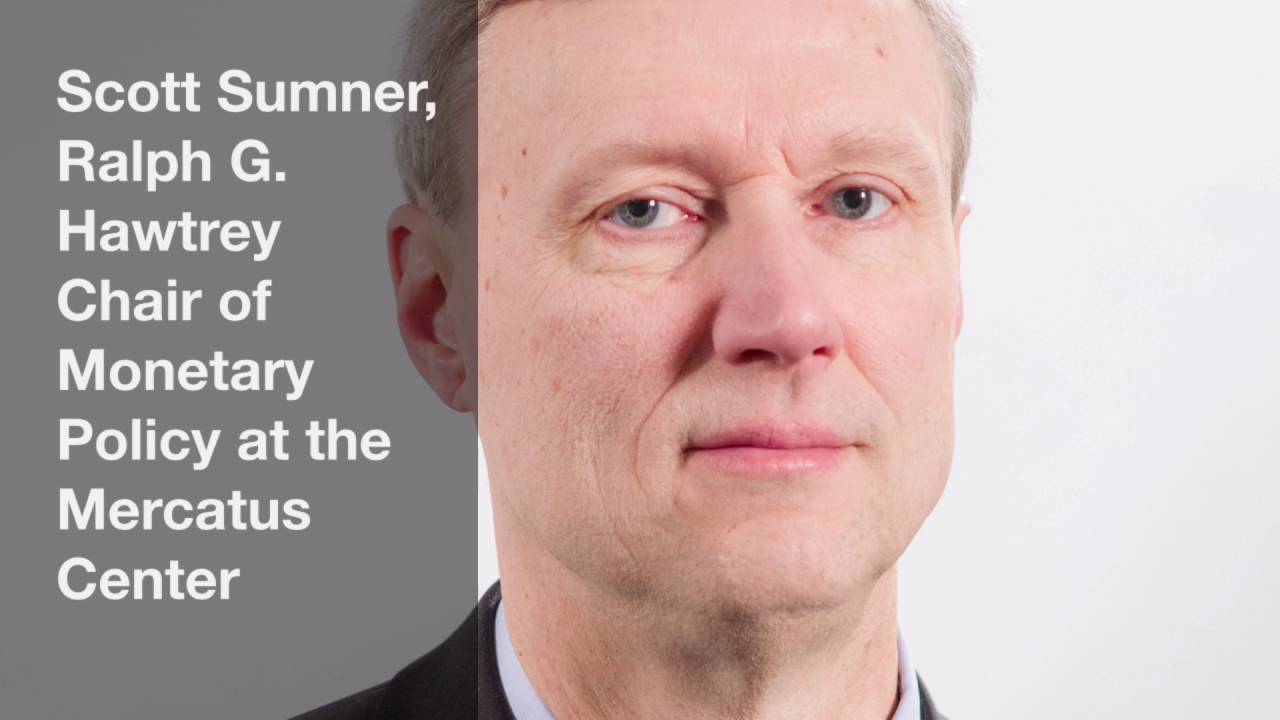How to use the Fed’s FIMA Repo — the case of Hong Kong
Hong Kong Monetary Authority, the de facto central bank of Hong Kong, announced on April 22 that it will utilize the Fed's FIMA Repo facility to borrow USD 10 billion of cash.
A skeptical review of the QEs – why they might not be powerful as...
In their working paper "A Skeptical View of the Impact of the Fed's Balance Sheet," economists David Greenlaw, James D. Hamilton, Ethan Harris, and Kenneth D. West challenge some earlier studies that concluded QEs have a significant economic impact. Their major argument is that those research used simple event studies to quantify the impact of QE.
Bank Equity and Banking Crises
In a recent study "Bank Equity and Banking Crises" by Matthew Baron (of Cornell University), Emil Verner (MIT Sloan), and Wei Xiong (Princeton University), the three economists developed a comprehensive database of bank equity prices and banking crises with a full-sample of 46 countries from 1870-2016. They try to understand the dynamic between bank equity decline and banking crises.
What Macroeconomists agree with each others, according to Blanchard
Olivier Blanchard a list of things that macroeconomists normally agreed on and need no further discussions.
Is tipflation even part of inflation?
Or, to frame the question in a more technical way: is tipflation even counted as part of Consumer Price Index (CPI) inflation?
Central Bank’s Balance Sheet and the Rise of Reserves
The above figure shows the balance sheet of four major central banks from 2005 to 2015. Above the horizontal axis is the asset side...
Why is the Hong Kong-US interest rate spread so persistent? — Currency peg in...
A spread of over 3.5 percentage points between US and Hong Kong Interest rate persisted for close to two months and so far arbitrage has failed to close the gap, leading to discussion of whether Hong Kong's Linked Exchange System is failing. This article, however, will explore some technical factors behind this interesting interest rate gap.
Should Federal Reserve use scenario analysis to handle trade war uncertainty?
The Fed is currently in a "wait and see" mode in deciding what is the reaction to Trump's trade policy. But is it possible for the Fed to be a bit more proactive than merely saying "we will be able to update you further when we know more details"?
Enters scenario analysis.
The sovereign-bank “doom loop”
Since the Euro crisis, investors and policymakers are well aware of the so-called "doom loop" between the banking system and the sovereign. That is, a crisis originating in the banking system (sovereign) will weaken the sovereign (banking system), which in turn will worsen the banking (sovereign) crisis itself.
In a recent ECB discussion Paper "Managing the sovereign-bank nexus", the 7 economists - Giovanni Dell’Ariccia, Caio Ferreira, Nigel Jenkinson, Luc Laeven, Alberto Martin, Camelia Minoiu, and Alexander Popov - coauthored the paper suggested that the banks and sovereigns are linked by three interacting channels:
100% Reserve System is coming? – The Swiss Sovereign Money Referendum
The Swiss sovereign-money referendum, also known as the Sovereign-Money Initiative, which aims to creates a safe and crisis-free, yet experimental, banking system in Switzerland will be held on 10th June.


